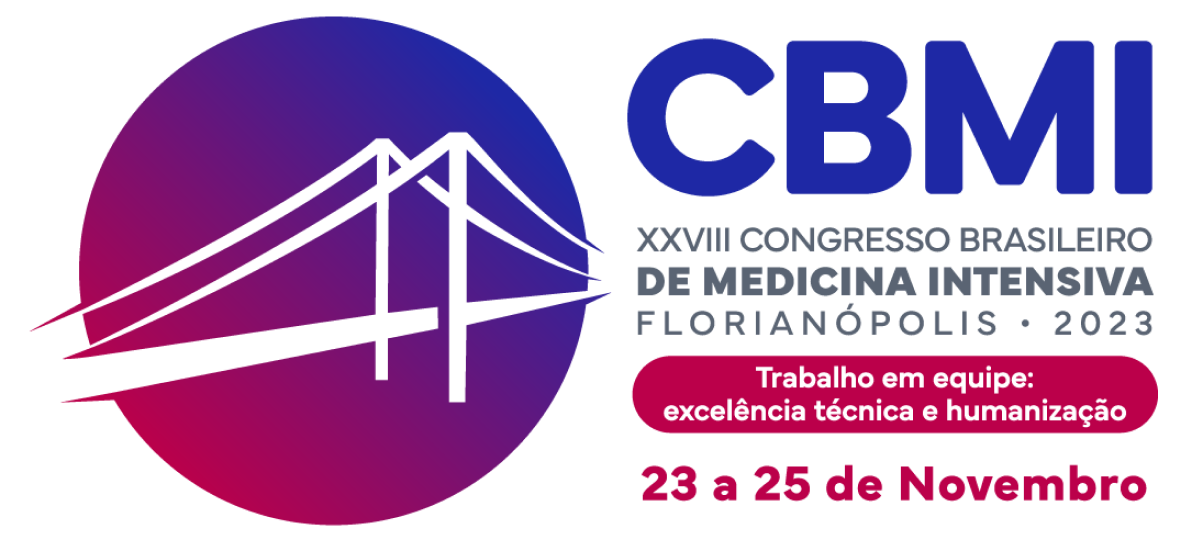Dados do Trabalho
Título
Influence of intubation timing on hospital mortality of COVID-19 patients: A Multicenter Retrospective Cohort Study
Objetivo
To investigate the association between timing of intubation and hospital mortality in COVID-19 patients admitted to the intensive care units (ICUs) in Brazil.
Métodos
Retrospective cohort study. All COVID-19 adult patients admitted to Albert Einstein public and private ICUs between March 2020 and December 2021, requiring mechanical ventilation, were included. Early intubation was defined as intubation occurring within 24h of ICU admission whereas late intubation referred to intubation after 24h of ICU admission. The primary outcome was hospital mortality. To investigate the association between timing of intubation and hospital mortality, a multivariable logistic regression analysis was performed, adjusting for SAPS III score, Charlson comorbidity index, and type of hospital (public vs. private). The results were presented as adjusted odds ratio (aOR) along with 95% confidence interval.
Resultados
Of the 1084 patients included, 438 were in the early intubation group and 646 in the late intubation group. Comparing to early intubated patients, patients in the late intubation group were older [64 (52-72) vs. 59 (49-69); p<0.001], were more frequently hospitalized in public hospitals (49% vs. 39%; p=0.001), and required vasopressors at ICU admission (11% vs. 51%; p<0.001) less frequently. Patients with late intubations had higher ICU (46% vs. 35%; p=0.001) and hospital mortality (52% vs. 39%; p<0.001). After adjusting for severity and type of ICU, COVID-19 late intubated patients exhibited an increased chance of death compared to patients intubated earlier (aOR 1.56 IC 1.18-2.07; p=0.002).
Conclusão
Delaying intubations in COVID-19 ICU patients was associated to higher hospital mortality rate.
Área
Insuficiência Respiratória e Ventilação Mecânica
Autores
Thais Dias Midega, Carmen Silvia Valente Barbas, Fabio Barlem Hohmann, Thiago Domingos Correa
